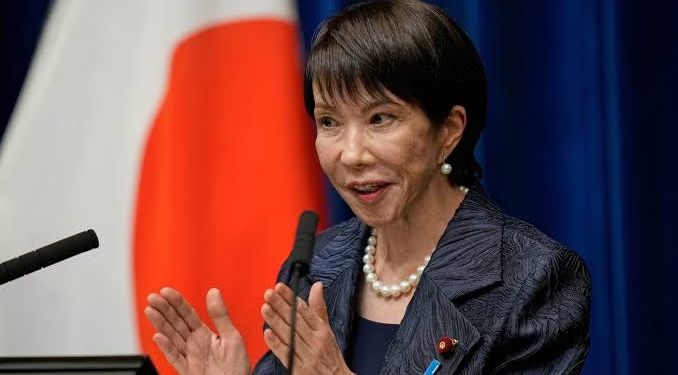Japan’s financial regulator plans to require cryptocurrency exchanges to maintain dedicated reserves for compensating customers in the event of hacks or security breaches, marking a significant tightening of oversight following major thefts that left users waiting months for reimbursement.
The Financial Services Agency proposal, expected to be submitted to parliament in 2026, would align crypto platforms with securities firms that already maintain similar customer protection funds.
The FSA’s objective is clear: strengthen consumer safeguards and ensure exchanges can compensate users in the event of a major security incident. As the digital-asset market expands, Japan crypto reserve policies are emerging as a central pillar of the country’s broader financial-risk strategy.
Why the reserve rule is gaining urgency
Historical failures continue to shape Japan’s regulatory direction. Under current rules, exchanges mainly rely on cold wallets as their primary defense against online threats. But recent breaches have revealed the limitations of that approach.
In 2024, the DMM Bitcoin exchange lost more than 4,500 Bitcoin to attackers who “were able to exploit a third-party vulnerability and siphon” the assets from platform wallets. The exchange was forced to secure “hundreds of millions of dollars in emergency loans and asset sales” to reimburse users, leading to prolonged delays for customers.
Authorities want to avoid such situations by establishing a mandatory Japan crypto reserve that creates an additional financial buffer. The new rule mirrors long-standing requirements for securities firms, which routinely set aside reserves to protect investors from operational failures or mishandled trades.
Traditional financial institutions in Japan are required to maintain between 2 billion and 40 billion yen in reserves. For crypto platforms, the size of the Japan crypto reserve would be determined by annual trading volume, previous incidents, and overall risk exposure.
What the new framework would change
The FSA’s proposal outlines several structural safeguards designed to protect customers and bolster market integrity:
Mandatory Japan crypto reserve
Exchanges would be legally required to maintain funds specifically set aside for customer compensation. This Japan crypto reserve would serve as a fallback in cases of theft, insolvency, or severe liquidity failures.
Insurance option to ease financial pressure
To reduce the burden of maintaining large reserves, exchanges would be allowed to purchase insurance to cover part of their liability exposure.
Strict asset segregation
Crypto platforms would need to ensure complete separation of user assets from company funds. In insolvency cases, court-appointed administrators — not exchange executives — would oversee asset distribution.
Alignment with global best practices
Similar mechanisms already exist in parts of the global market. Binance maintains the Secure Asset Fund for Users, while India’s CoinDCX operates the Crypto Investors Protection Fund. Japan’s move, anchored by the Japan crypto reserve requirement, places it among the jurisdictions actively building stronger consumer protections.
A spokesperson for Canaan, one of the world’s major mining-machine makers, affirmed that its activities in Japan remain compliant, saying: “In Japan, the R&D, manufacturing, and sale of mining machines are permitted.” The statement underscores how regulatory tightening is unfolding alongside broader technological growth in the region.
A broader recalibration of Japan’s crypto outlook
The reserve mandate is part of a wider shift in Japan’s digital-asset policy. While the FSA plans to intensify monitoring of insider trading and platform misconduct, it is also preparing regulatory adjustments to support growth in crypto-related financial products.
A key proposal is the transfer of cryptocurrencies from the Payment Services Act to the Financial Instruments and Exchange Act, a move that places them “on par with traditional securities” and could open the door to regulated crypto investment trusts, ETFs, and tax reforms. Such alignment may encourage institutional adoption and provide clearer guidance for global firms entering the market.
The introduction of a Japan crypto reserve is one component of Japan’s evolving regulatory blueprint — one that balances risk mitigation with innovation. As crypto markets expand, the interplay between investor protection and technological advancement will define the country’s next phase of digital-asset policy.












